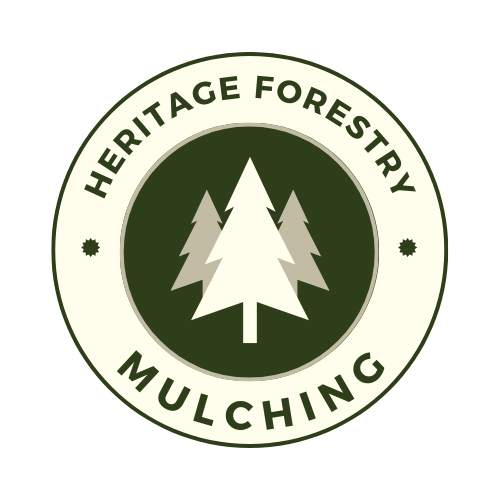GEORGIA INVASIVE PLANT SPECIES REMOVAL
Invasive species in Georgia are a very serious problem. Each year, their grasp on the environment grows, and the challenge of controlling them grows with it. The Georgia Exotic Pest Plant Council (GA-EPPC) has identified around 144 different invasive plant species in the state.
According to the
Georgia Invasive Species Task Force, invasive species have the potential to cause billions of dollars in economic loss, threaten the state’s biodiversity, and limit land use if left uncontrolled.
What is an invasive species?
Any species (including its seeds, eggs, spores, or other biological material capable of propagation) that is not native to a given ecosystem and whose presence causes economic or environmental harm, or harm to human health, is considered to be an invasive species.
These species tend to develop an extremely high population due to the lack of natural predators, parasites, or space and resource competitors that can be found in their natural habitat.
Invasives can harm the surrounding environment in the following ways:
- reducing forest productivity by reducing tree growth
- restricting seedlings from taking hold
- increasing fire hazards and site preparation costs
- outcompeting and displacing the native species of the area
- reducing the food supply and habitat for native wildlife
For these reasons, reducing the environmental and economic damage caused by invasive species has become an official public goal of the state of Georgia. The easiest and most cost-effective way to accomplish this is by having a professional identify and remove the invasives to ensure the protection of the land for generations to come.
Let's Talk Kudzu
What Makes Kudzu So Destructive?
Kudzu grows aggressively, climbing over anything in its path and choking out native plants and trees. Its vines:
- Spread more than a foot per day in warm months
- Smother crops, shrubs, and saplings
- Damage structures, powerlines, and fences
- Attract pests and contribute to erosion
The longer it stays, the deeper it roots and the harder it is to remove.
What is the Kudzu Removal Process?
1. Site Assessment
We inspect your property to determine how far the kudzu has spread, what it’s affecting, and what access our equipment will need.
2. Forestry Mulching
Our machines grind the thick vines, roots, and underlying brush into mulch, right on the spot. This eliminates the need for burning or hauling debris.
3. Targeted Clearing
We remove surrounding vegetation that enables kudzu to climb, improving sunlight and air circulation.
4. Land Management Guidance
We’ll recommend follow-up strategies to prevent regrowth, including seasonal maintenance, mowing, and selective clearing.
Who Needs Kudzu Removal?
Kudzu removal is ideal for:
Homeowners with kudzu creeping into their yard
Farmers & landowners losing pasture or crop space
Developers or real estate agents preparing property for sale
Utility companies & municipalities dealing with overgrowth near roads or lines
Hunting & recreation properties being choked off by invasive plants
Why Heritage Forestry Mulching?
- Experienced with Southern Invasives
We’ve tackled some of the worst kudzu infestations in Georgia and know how to do it without damaging your soil or landscape.
- Mulching = No Burning or Chemicals
Forget spraying harsh herbicides or lighting fires. Our method is safe for the environment and leaves your property cleaner.
- Quick Turnaround
We get in fast and get the job done right, no drawn-out processes, no mess left behind.
- Locally Owned and Operated
As a North Georgia business, we care about protecting our local environment and preserving the land for future use.
Invasive Species Identification by Heritage Forestry Mulching
The effects of invasive species blotting out native species can be serious and carry results that are sometimes unanticipated. With 20 years of experience in the industry, we here at Heritage Forestry Mulching know a thing or two about identifying and removing invasive species. Our owner and founder Mike Kirk is well versed in identifying invasives and will work with you to distinguish these dangerous species from harmless native species so that you can eradicate them from your property.
Ready to Reclaim Your Land?
Give us a call today at
770-380-1552 to schedule an estimate.
